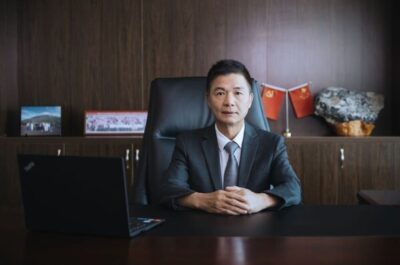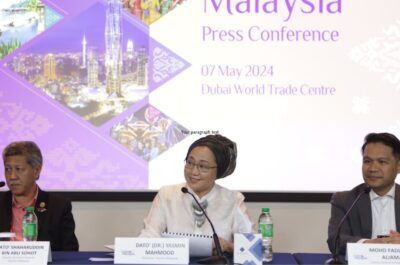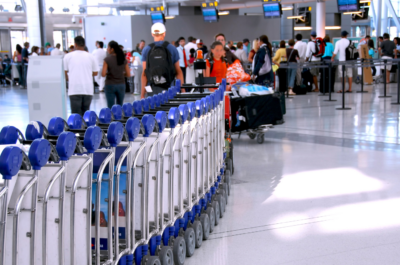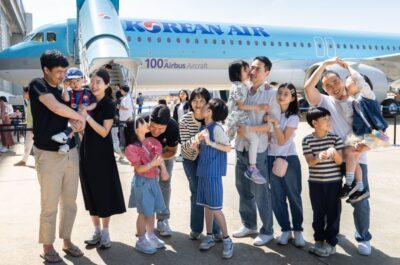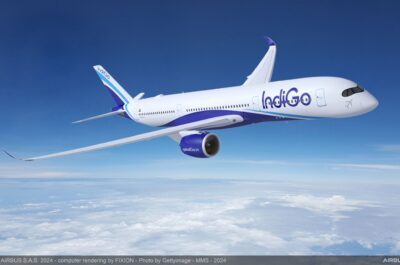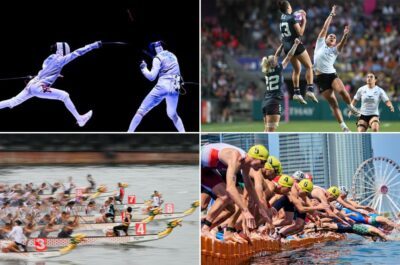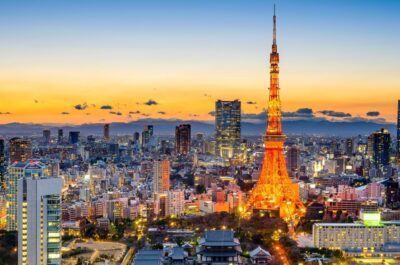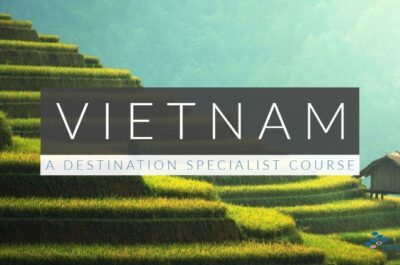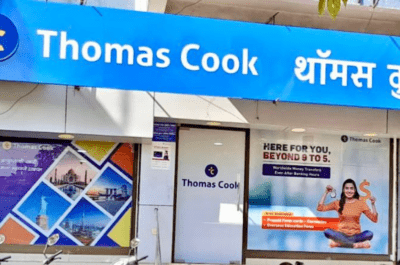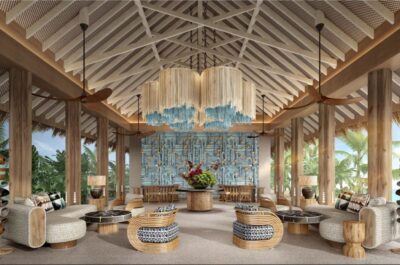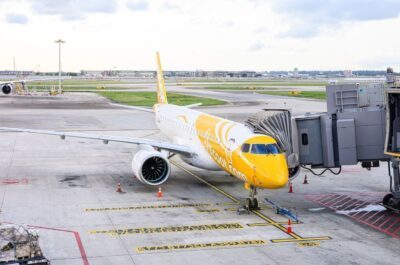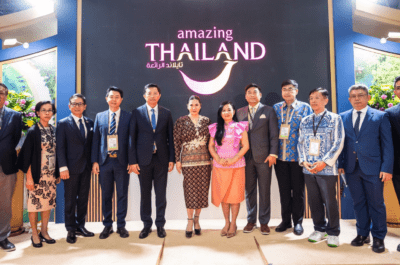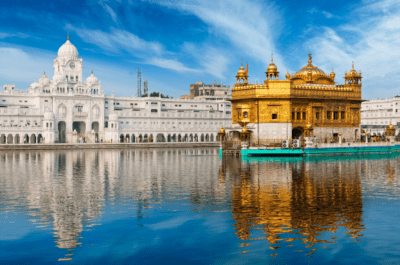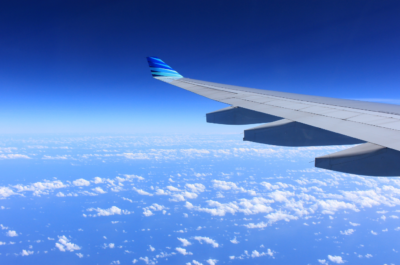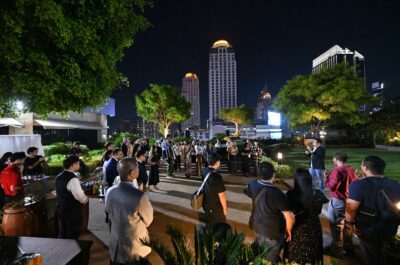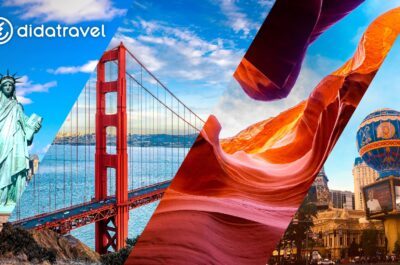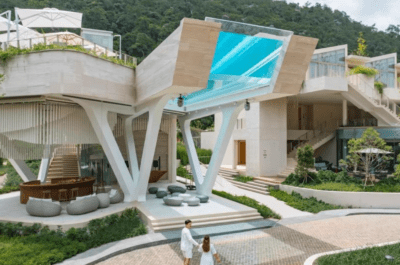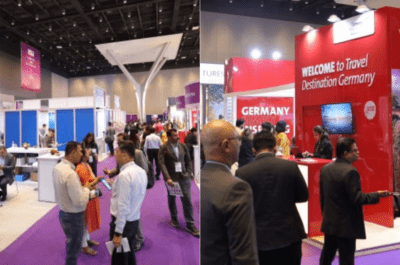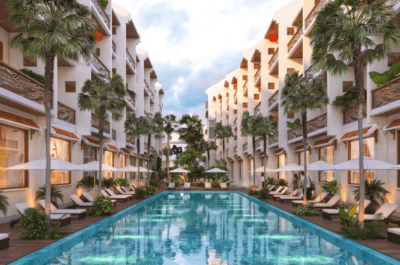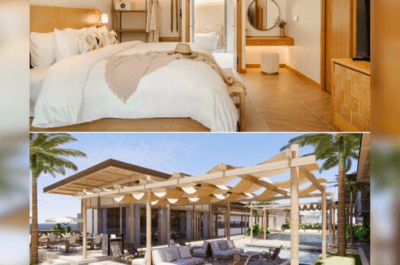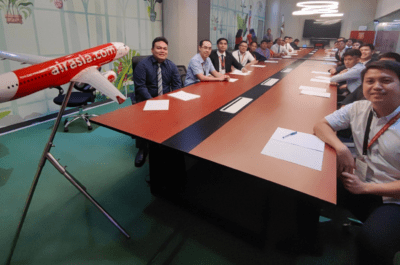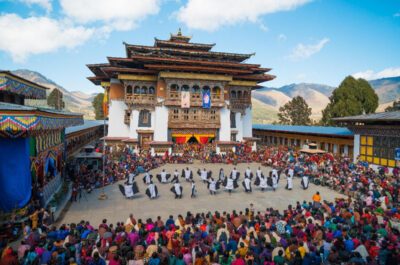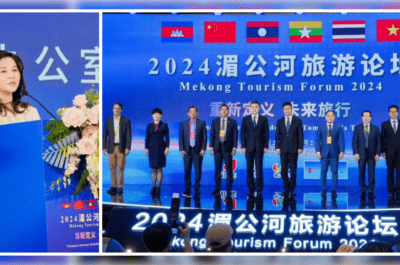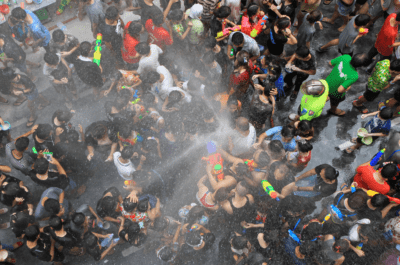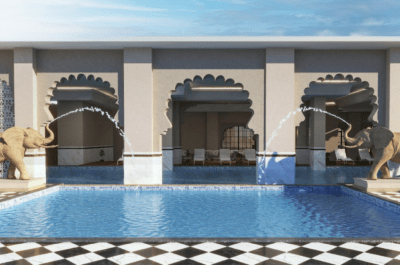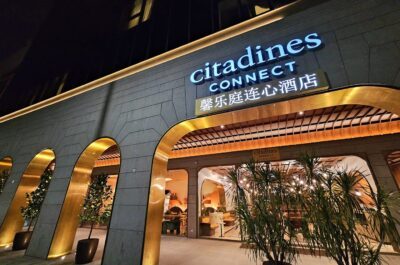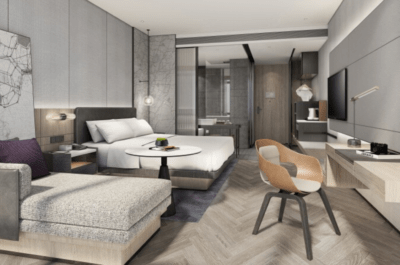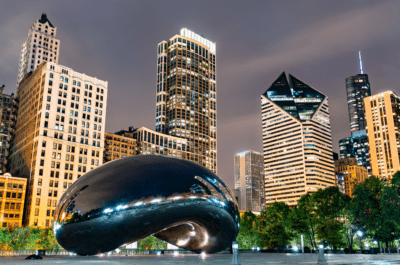…
A charitable take on Tokyo’s landfill projects would have them simply extending the city’s alluvial plains into Tokyo Bay. Given another millennium or two, natural siltation might end up doing the same thing. By comparison, it’s hard to think of any natural phenomenon that would result in the emergence of a trampoline-flat, 5-sq.-km plateau, filling the stretch of sea between what used to be two separate islands. Welcome to the Cotai Strip, in the Special Administrative Region of Macau.
The name Cotai is as artificial as the man-made land to which it refers – it’s a combination of Coloane and Taipa, the names of the two islands it joins. (The third island that makes up the Macau S.A.R. is called Macau).
Cotai is a very odd place: in the middle of the ocean and yet as flat and as barren as Nevada. In a few years’ time, it will have almost as many casinos as that U.S. state. I went at the end of November, and stayed at the Venetian Macao Resort Hotel, the third of about 12 mega casino-hotel resorts scheduled to open in the area over the next decade -although the current financial crisis is already delaying some of the construction work.
The Venetian is a behemoth of a building. The latest listing on Wikipedia says it’s the third-largest in the world in terms of area, more than 1.5 times larger than the Pentagon. And yet, for such a soaring 40-story edifice there is something about this pastel-colored palace that makes it seem utterly unreal, like a film set. If I hadn’t actually stayed in one of its 3,000 suites, I would have sworn it was nothing but a wooden facade tacked onto a scaffolding frame.
There are many things about the Venetian that seem bent on loosening one’s grip on reality. The St. Mark’s Campanile tower and Rialto Bridge that stand out the front of the hotel almost had me forgetting which hemisphere I was in – until the hotel’s public-relations representative reassuringly explained they are “just imitations” of the historical attractions in Venice.
And, of course, everything from the Venetian’s hotel to its restaurants, bars, shops, 15,000-seat entertainment arena and casino are all housed within a single climate-controlled environment. Yes, you could survive in there for days without breathing fresh air or feeling the sun’s rays — or even seeing a clock, because, as in most casinos, there are none to be found here. But the assault on one’s sense of reality comes in more subtle ways as well.
The mix of nationalities in the staff almost had me thinking I was back in Epcot Center at Disney World in Florida. My Nepalese waitress at breakfast told me that more than 50 nationalities are represented. I thought I had gone back in time, or into some weird dream at least, when I arrived at the casino. I’d only managed about 10 strides into the place when my arm was grabbed and I was presented with the bountiful bosom of a young woman offering me a massage. About A¥12,000 was apparently all she – or her half-dozen colleagues who quickly gathered around – would charge to provide me with an hour of, ah, massaging. The same PR representative from the Venetian said the staff couldn’t distinguish these – to my eyes, at least – unmistakably short-skirted and magnificently made-up beauties from other patrons, and thus had no policy of curtailing their solicitations on the casino floor.
Then there was the gambling. Compared with Las Vegas, there is something otherworldly about the way that the Macau clientele (which is reportedly 60 percent mainland Chinese) bet.
Games like poker, which are popular in Las Vegas, test the skill of the players, thus heightening rather than relaxing one’s grip on our current dog-eat-dog, capitalist brand of reality. But watching the Macau gamblers throw money at games of luck – such as the dice game “big and small” – was nothing short of surreal.
Take, for example, roulette. It had never occurred to me that the table part of this refined form of entertainment could be made to resemble a scale model of Manhattan – albeit minus Central Park. The first time I played, I realized too late I had placed my chips too early. By the time the dealer said “no more bets” my modest stake had been surrounded on all sides (including above) by 30- and 40-chip-high towers.
Invariably, of course, the croupier managed to hit the one plot of land overlooked by these would-be property tycoons, meaning he had to do the job of an earth-mover to shunt all the house winnings into the bank. It’s thus not surprising to read that Macau’s casinos overtook Las Vegas’ for gambling revenues back in 2006 – when their takings topped $6.9 billion (compared to Vegas’ almost $6.7 billion). According to the Japan Association of Travel Agents, Macau is one of the only overseas destinations that have seen increases in Japanese visitors over the last two years. In fact, it is expected to lure more than 360,000 from these islands this year, compared with 85,000 in 2003.
It’s no coincidence that it was in 2004 that the first of the foreign-owned casinos opened in the region. Up until then, Macau businessman Stanley Ho had enjoyed a monopoly on the market with his Hotel Lisboa, which opened in 1970 and had the sole gambling license.
Tatiana is the news co-ordinator for TravelDailyNews Media Network (traveldailynews.gr, traveldailynews.com and traveldailynews.asia). Her role includes to monitor the hundrends of news sources of TravelDailyNews Media Network and skim the most important according to our strategy. She holds a Bachelor degree in Communication & Mass Media from Panteion University of Political & Social Studies of Athens and she has been editor and editor-in-chief in various economic magazines and newspapers.
